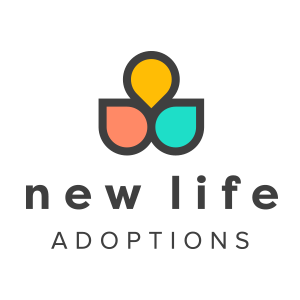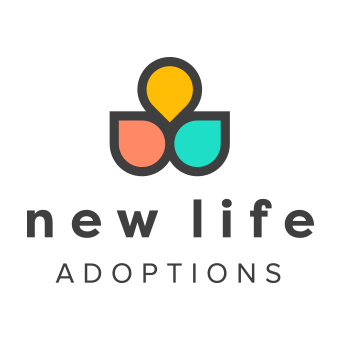When people hear the term “birth father,” a variety of thoughts may come to mind. The basic definition of a birth father is the father of the child at the time of birth. However, there are a lot of legal definitions surrounding birth fathers in adoption that can make it tricky to know who is considered a birth father, what his rights are, and what role he can play in an adoption.
Apart from step parent adoptions, there is always a birth mother and an adoptive family identified in an adoption. However, there is not always a birth father recognized or involved. In some adoptions, a birth father is not identified because the child’s mother may not know who he is or there may be more than one possible biological father. In other situations, a birth father may have been named, but he cannot be found or may choose not to be involved in the adoption process.
Making an Adoption Plan
For a birth father, pregnancy and adoption planning looks and feels different than it does for the birth mother. At New Life Adoptions, we believe that it is important for birth fathers to be aware of and involved in the adoption process when possible. Being involved can help him understand the decision to place for adoption and feel engaged and understood during each step of the journey.
When a birth father chooses to be involved in the adoption process, he can be a very integral part of making an adoption plan. This may include making decisions alongside the birth mother, walking in step with her on the adoption journey. However, it also may be through separate meetings with a social worker, essentially walking on his own path to a common destination.
A Complicated Role
The role of a birth father in an adoption can become complicated for a number of reasons. Sometimes the birth parents do not get along, and consequently the birth father is left out of either part or all of the adoption planning. One common factor leading to an adoption decision can be that the birth parents are no longer in a relationship or they are struggling in their relationship together. While some birth fathers have a legal right to be involved in an adoption decision, some do not, and this can complicate his role further.
DNA
Sometimes, people choose to utilize DNA testing during the adoption process to identify or confirm a birth father. Whether or not a birth father is involved in making an adoption plan he is an important member of the adoption triad. His DNA is a part of the child and therefore influences who the child is, and will be, even if they never meet. Even when a birth father is not named at the time of placement, a DNA test may be conducted by a birth father or adopted adult years later through a DNA testing service in order to obtain information about ethnicity, heritage, and one’s family tree. These DNA tests can help connect the birth father to their child who was placed for adoption, whether that was the original intent or not. When this happens, both parties can choose whether or not they would like to have ongoing contact.
An Important Role
It is important to name a birth father in an adoption when possible. Regardless of how involved he is in the decision making and adoption plan, he can play an important role by filling out a social and medical history packet. This gives the child information, or access to information, about his or her birth father including important health related details. It also allows for an ongoing relationship when both parties are interested in an open adoption. Research shows that some level of openness with either birth parent, or even access to information about them, is beneficial to the adoptive family and especially to the adopted person.
If you, or someone you know, are considering adoption and wondering what the rights and role of the birth father may be, contact one of our Expectant Parent Social Workers for more information.




